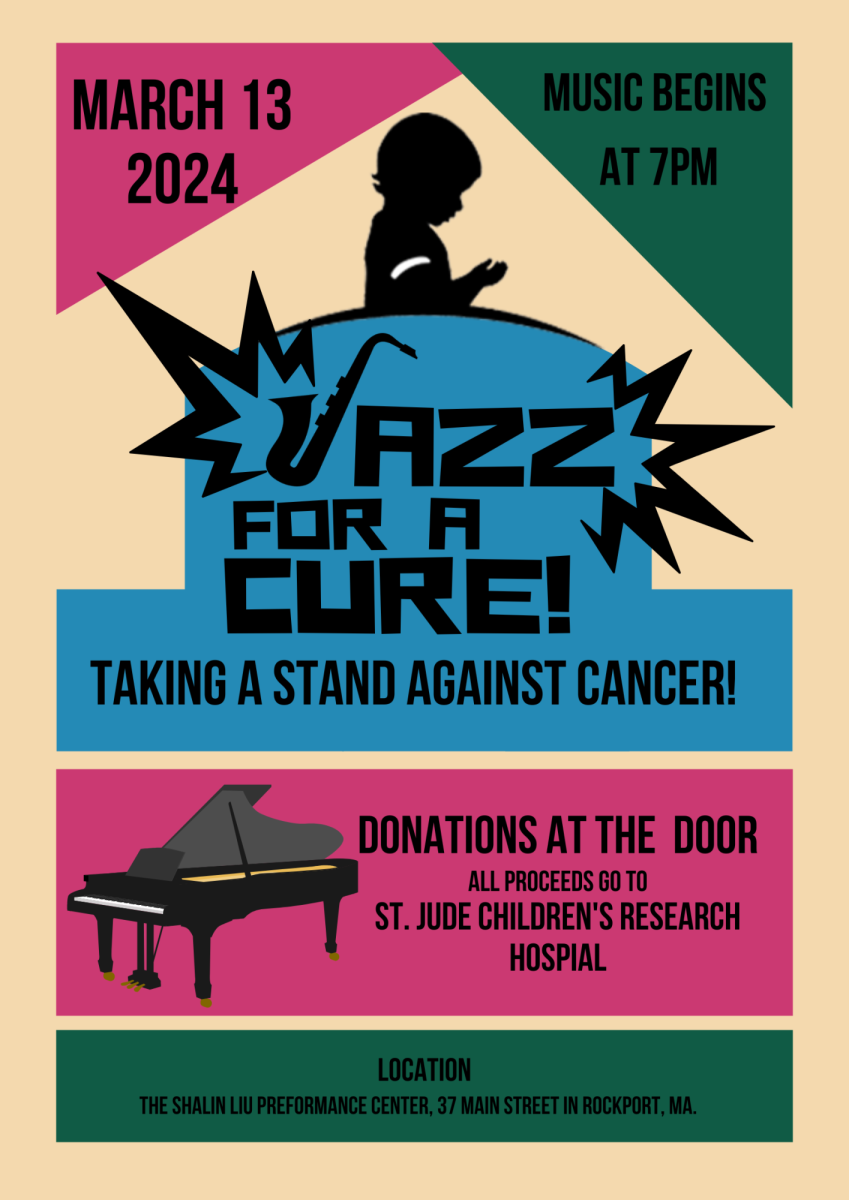Guilty by association? Know the law
March 15, 2016
Recently, eight GHS student were punished for contributing to a fight that broke out between fans following the hockey play off game on Friday, March 4. While one student has been arraigned in juvenile court for aggravated assault and battery with serious bodily injury, other students have been left to wonder why students who did not actively participate in the fighting have been punished.
This is where the Good Samaritan law, also known as the Duty to Rescue, comes into effect. The Good Samaritan Doctrine states that it “imposes a legal duty to render or summon aid for imperiled strangers.”
In this instance, bystanding and encouraging the fighting crosses the line to becoming illegal. If a person is placed in a hazardous situation, a witness or bystander automatically has a legal duty to, at the very least, seek help.
This law does not say that passersby should put themselves in harm’s way by physically stepping into a fight to break it up, but it does say that they have the legal obligation to seek help from someone who can. In this case, it is the police.
For every Gloucester High School student who did not directly participate in the fight, but cheered on their fellow classmates, they have effectively broken the Good Samaritan law.
As of 2009, ten states have imposed Good Samaritan laws. They include California, Florida, Hawaii, Massachusetts, Minnesota, Ohio, Rhode Island, Vermont, Washington, and Wisconsin.
Every state’s law differs in some way. In Vermont, the law states that though a person does not have to help someone in danger, if the passerby decides to they must make sure they do it in a safe and responsible manner.
The law in Massachusetts is slightly different from Vermont in the sense that it has a duty to report, but no duty to aid. If someone is in danger, the state of Massachusetts requires citizens to “report said crime to an appropriate law enforcement official as soon as reasonably practicable.”










































Katie • Mar 17, 2016 at 7:08 am
This is a really informative article I knew nothing about this.